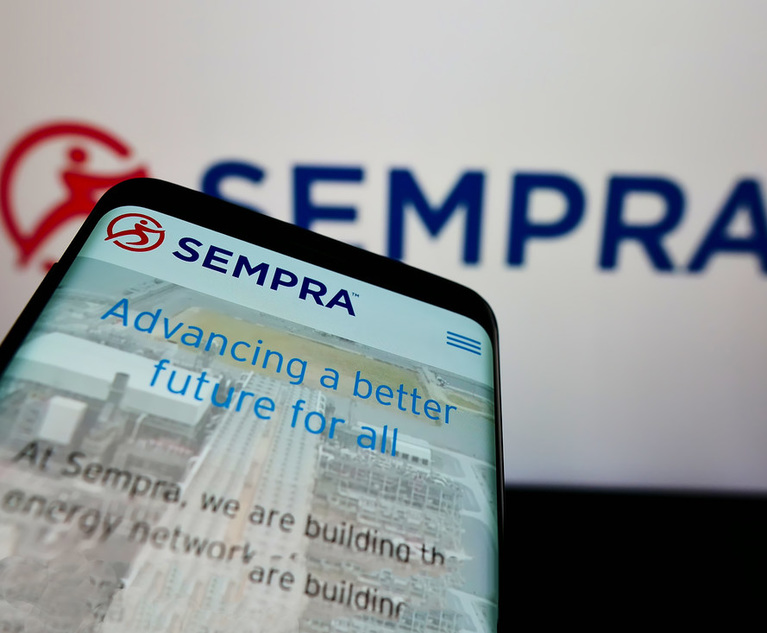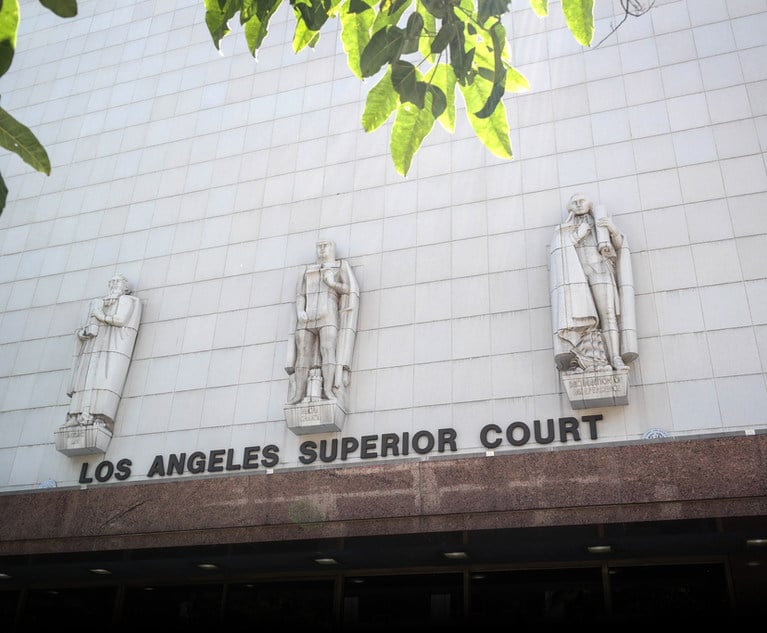A San Francisco judge has tentatively struck the punitive damages in a $289 million verdict linking Monsanto Co.’s herbicide Roundup to cancer.
San Francisco Superior Court Judge Suzanne Bolanos, who oversaw the trial, heard arguments in court on Wednesday afternoon. In her tentative ruling, issued ahead of that hearing, the judge addressed Monsanto’s two motions –- one for a new trial and one for judgment notwithstanding the verdict. She said the evidence wasn’t there to award $250 million in punitive damages.


 Plaintiff DeWayne “Lee” Johnson alleges that exposure to certain Monsanto glyphosate-based herbicides, including Roundup®, caused him to develop non-Hodgkin lymphoma (NHL). Courtesy photo
Plaintiff DeWayne “Lee” Johnson alleges that exposure to certain Monsanto glyphosate-based herbicides, including Roundup®, caused him to develop non-Hodgkin lymphoma (NHL). Courtesy photo





